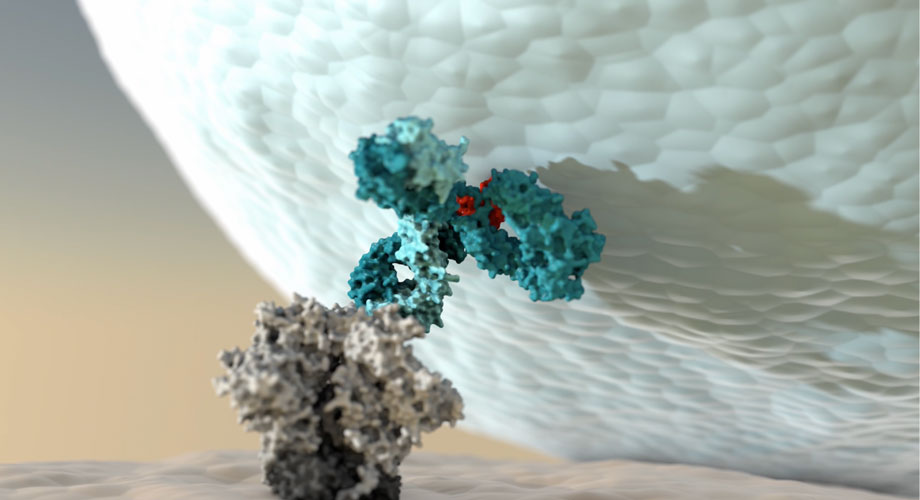AI Model Accelerates Antibody Discovery—Boosting Pandemic Preparedness

Revolutionizing Antibody Discovery with AI
A team at Scripps Research has unveiled an AI-powered imaging platform that slashes the time required to identify therapeutic antibodies from weeks to mere hours—a breakthrough with far-reaching implications for public health and biotechnology[3]. Published in Science Advances in August 2025, the method promises to transform how treatments for diseases like influenza and HIV are developed, especially during urgent health crises.
How the Technology Works
- The system harnesses advanced AI algorithms to analyze structural details of immune responses, accelerating the search for protective antibody candidates[3].
- Traditional methods rely on labor-intensive experimental screening, but the new approach automates this process using AI and high-resolution imaging data.
- Researchers highlight improved success rates and a scalable process that minimizes traditional data bottlenecks—key issues during emerging infectious disease outbreaks[3].
Why This Matters
Antibodies are vital therapeutic tools used to neutralize pathogens, but conventional discovery can take weeks or longer—delaying response during pandemics. By compressing this timeline to under a day, the new platform could fast-track drug development, enabling public health authorities and pharmaceutical companies to deploy targeted therapies much sooner.
Senior author Andrew Ward noted, “By harnessing AI to analyze the structural details of immune responses, we can now identify the most promising therapeutic candidates in mere hours, with better success rates than traditional methods. This could be game-changing for pandemic preparedness and therapeutic development.”[3]
Broader Implications and Next Steps
- The technology is poised to benefit vaccine and therapeutic development beyond infectious disease, including for cancer and autoimmune disorders.
- Scalability means the approach can be rapidly deployed as new threats emerge—making it a critical tool for future health emergencies.
- Experts anticipate further improvements as AI models are trained on larger and more diverse datasets, enhancing accuracy and adaptability[3].
Looking Forward
With this breakthrough, the antibody discovery pipeline is set to become faster, smarter, and more resilient—putting life-saving therapies within reach when they are needed most. As global pandemic preparedness remains high on the public agenda, such AI-enabled advancements are expected to shape the future of medical research and health security.
How Communities View AI-Driven Antibody Discovery
The announcement of Scripps Research's AI antibody platform has sparked robust discussion on X/Twitter and across r/MachineLearning, r/medicine, and r/science.
-
Optimism and Enthusiasm (60%): Many users (including @bioAI_Genius, @healthtechbritt) are excited by the platform's speed, calling it “a leap for pandemic readiness” and noting its potential for rapid response during future outbreaks. Posts with high engagement highlight the technology's emergency applications and scalability.
-
Skepticism Over Real-World Deployment (20%): Some voices, like @DrClinical and Reddit user r/medAI_skeptic, raise questions about regulatory hurdles, clinical validation, and whether biotech partners can integrate this innovation rapidly enough when new pandemics emerge.
-
Ethics and Equitability Concerns (15%): A smaller contingent on r/bioethics and among science communication advocates emphasize the importance of broad global access, ensuring low- and middle-income countries benefit equally from AI-driven therapies.
-
Industry Endorsements (5%): Notable experts, such as @andrewwardlab (study co-author), have joined the debate, stressing successful early results and encouraging pharma industry adoption. Several biotech firm leaders signal interest in rapid licensing.
Overall sentiment is clearly positive, though realistic about ongoing challenges of deployment and access equity.